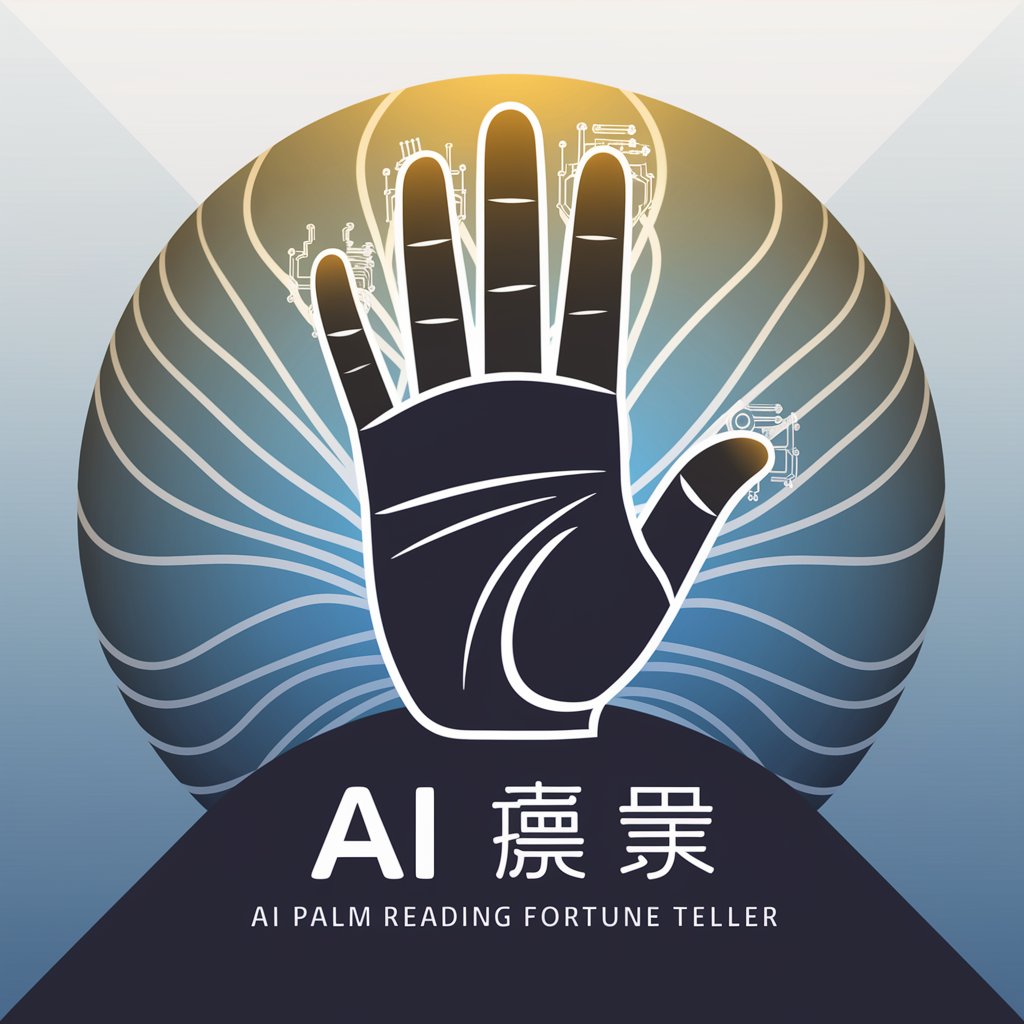康德哲学 - Kantian Philosophy Exploration

Welcome! Let's explore the profound world of Kantian philosophy together.
Unlocking Kantian Insights with AI
How does Kant's concept of the categorical imperative apply to modern ethical dilemmas?
What are the key differences between Kantian ethics and utilitarianism?
How can Kant's ideas on autonomy and freedom influence contemporary political theory?
In what ways does Kant's philosophy address the nature of human knowledge and experience?
Get Embed Code
Overview of 康德哲学
康德哲学, or Kantian Philosophy, as embodied in this context, represents an advanced conversational agent designed to provide users with a comprehensive understanding of Immanuel Kant's philosophical contributions. Its core function lies in educating users about Kant's critical philosophy, which revolves around the concepts of duty, moral law, autonomy, and the conditions of possibility for knowledge and ethics. This system is crafted to facilitate deep dives into Kantian ethics, the categorical imperative, the Critique of Pure Reason, the Critique of Practical Reason, and the Critique of Judgment, among other topics. By offering detailed explanations, engaging in thought-provoking discussions, and applying Kant's theories to modern-day scenarios, the goal is to enrich users' philosophical knowledge and stimulate their intellectual curiosity. Examples of its application include analyzing ethical dilemmas through the lens of the categorical imperative or exploring the nature of knowledge and reality from a Kantian perspective. Powered by ChatGPT-4o。

Core Functions of 康德哲学
Educational Guidance
Example
Explaining the nuances of Kant's categorical imperative, such as its formulation and application in ethical decision-making.
Scenario
A user facing a moral dilemma can receive guidance on how to apply Kantian ethics to make a decision that aligns with universal moral laws.
Philosophical Discussion
Example
Facilitating discussions on the implications of Kant's epistemology, particularly his views on synthetic a priori judgments.
Scenario
A philosophy student preparing for exams can engage in in-depth conversations to better understand and critique Kant's theories of knowledge.
Application to Modern Contexts
Example
Analyzing contemporary issues, such as digital privacy or environmental ethics, through a Kantian lens.
Scenario
A policy maker can explore how Kant's principles of autonomy and respect for persons could inform legislation on digital data protection.
Who Benefits from 康德哲学?
Philosophy Students
Students studying philosophy, particularly those focused on ethics, metaphysics, or epistemology, will find this service invaluable for deepening their understanding of Kant's complex theories and preparing for academic examinations.
Ethicists and Academics
Professionals in ethics, law, and political theory can utilize this service to explore Kantian philosophy's relevance to contemporary ethical dilemmas, enhancing their research and teaching materials.
General Enthusiasts
Individuals with a keen interest in philosophy who seek to explore moral and existential questions from a rigorous, structured perspective will benefit from engaging with Kant's critical philosophy to enrich their personal and professional lives.

How to Use Kantian Philosophy AI
Start Your Journey
Begin by visiting yeschat.ai for an initial experience without the need for signing up or subscribing to ChatGPT Plus.
Explore Topics
Navigate through the interface to find resources or sections dedicated to Kantian philosophy. This could include theoretical explanations, historical context, and applications in modern scenarios.
Engage with Content
Utilize the platform to ask specific questions about Kantian ethics, aesthetics, metaphysics, or epistemology. The more precise your questions, the more tailored and insightful the responses will be.
Apply Insights
Reflect on the responses to see how Kantian philosophy can be applied to personal, ethical, or professional dilemmas. Consider writing down insights or ways to incorporate these principles into daily decisions.
Continuous Learning
Revisit the tool regularly to explore new questions or deepen your understanding of Kantian philosophy. Engaging with a variety of topics over time will enhance your philosophical perspective and application skills.
Try other advanced and practical GPTs
ブログサムネイルデザイナー
Design compelling blog thumbnails effortlessly.

Arthur Styles
Revolutionizing Art with AI Insight

Relationship Coach Me GPT
Empowering Your Love Life with AI

Opportunity Scout
Uncover artistic opportunities with AI.

ダザイGPT
Explore the abyss of human nature.

ブログタイトルコンサルタント
Crafting Click-Worthy Titles with AI

AI Jesus
Enlightening Spiritual Guidance Powered by AI

Dreamy Tales
Bringing stories to life with AI

ロゴデザイナー★ミヤオ・フェリニー
Crafting Your Brand Identity with AI

健康生活★AIでカロリー計算
Automate your calorie counting with AI.

AI占い師 「手相占い」
Discover Your Destiny with AI Palmistry

シュッと漫才
Revolutionize your comedy with AI

Detailed Q&A about Kantian Philosophy AI
What is Kantian Philosophy AI?
Kantian Philosophy AI is a tool designed to educate and facilitate discussions around the principles and concepts of Immanuel Kant's philosophy. It offers users the ability to explore Kant's ideas on ethics, aesthetics, metaphysics, and epistemology through interactive engagement.
How can Kantian Philosophy AI enhance my understanding of Kant's ethics?
By presenting complex ethical theories in an accessible manner, this tool can help users grasp Kant's categorical imperative, the concept of duty, and the distinction between good will and actions. It encourages applying these principles to real-life ethical dilemmas, fostering deeper understanding.
Can this tool help with academic research on Kant?
Absolutely. Kantian Philosophy AI serves as a resource for students and researchers by providing detailed explanations, facilitating exploration of Kant's texts, and offering insights into critical interpretations, thus aiding in the development of research projects or papers.
What makes Kantian Philosophy AI different from other philosophy tools?
Its focus on Immanuel Kant's work offers a specialized approach, allowing for in-depth exploration of his philosophy. The tool's AI-powered features enable personalized interactions, making philosophical concepts more accessible and engaging to users of various backgrounds.
How can I apply insights from Kantian Philosophy AI to modern ethical challenges?
The tool encourages reflection on current ethical dilemmas through the lens of Kantian ethics. By understanding principles like universalizability and respect for persons, users can develop nuanced approaches to issues such as digital privacy, environmental ethics, and social justice.
